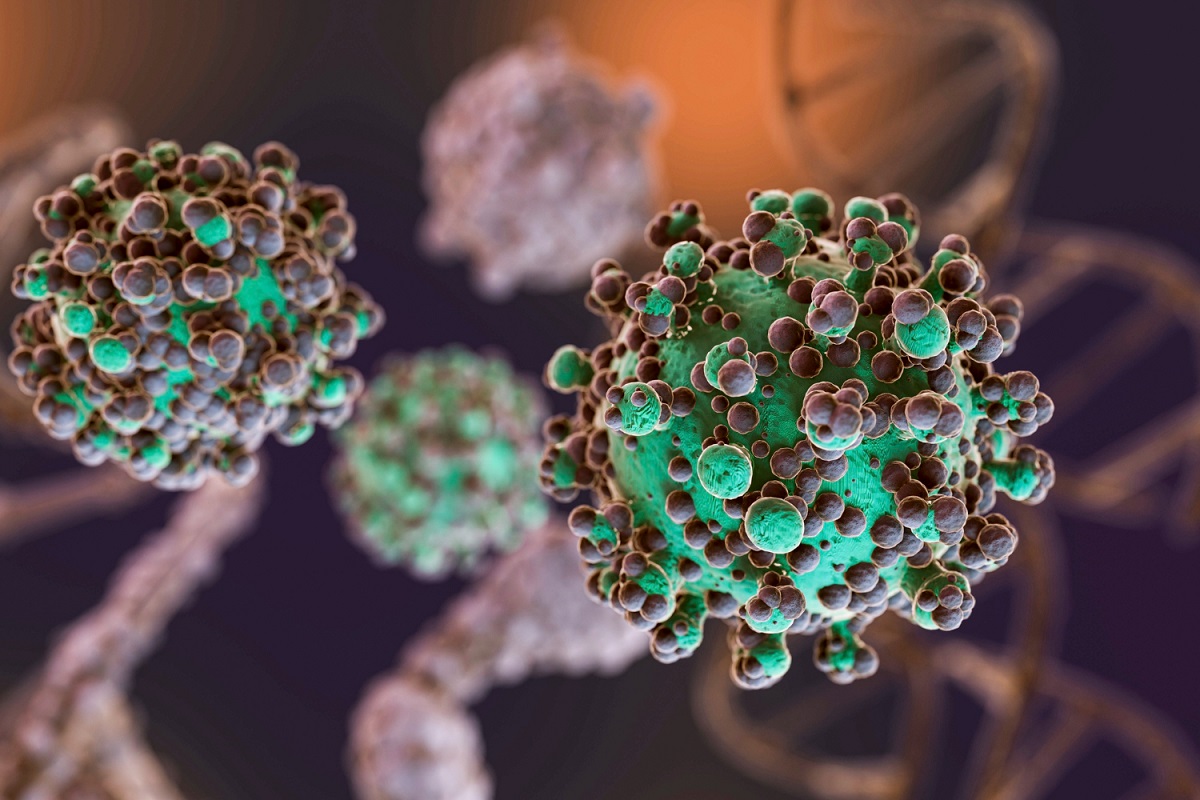KEY TAKEAWAYS
- The phase II trial aimed to investigate the efficacy of nivolumab, a PD-1 inhibitor, in treating EBV-positive LPD and NHL.
- The result demonstrated the preliminary safety and efficacy of Nivolumab in treating EBV-positive LPD and NHL.
Elevated PD-L1 expression is prevalent in Epstein-Barr virus(EBV) positive lymphoproliferative disorders(LPD) and associated with poor outcomes in aggressive non-Hodgkin lymphomas(NHL), making it a promising therapeutic target.
Researchers aimed to investigate the efficacy of nivolumab, a PD-1 inhibitor, in treating EBV-positive LPD and NHL.
The study enrolled relapsed/refractory (R/R) and untreated EBV+ LPD and B-cell NHL (R/R only) patients(pts), excluding those with prior immunotherapy, organ transplant, and HIV. Nivolumab 480 mg IV was administered every 4 weeks for 2 years. Patients achieving complete response(CR) discontinued nivolumab after 1 year.
Baseline assessments included CT, PET, MRI brain, blood and cerebrospinal fluid (CSF) flow, bone marrow (BM), and optional tumor biopsy. Full restaging with CT and PET was conducted after cycles 1, 3, and end of treatment (EoT). Surveillance CT was performed every 3-12 months after that.
Of 11 patients (55% EBV+LPD, 45% NHL, all DLBCL). The median age of pts was 48 years (20-67 y), and all pts presented with stage III/IV disease. Baseline CD8 count (cells/mcL) had a median of 86 (range: 9-1237), and EBV viral load (Log10 IU/mL) in the blood ranged from ND to 6.78.
The median number of prior therapies was 1 (range: 0-4), with 36% of r/r pts being refractory to previous treatments. Among 10 evaluable pts (1 died prior to restaging), the overall response rate (ORR) was 60%, with 50% achieving CRs. CR rates were consistent at 50% in both LPD and NHL cohorts. The median time to response (TTR) was 3 months, and 50% of responses (3/6) persisted from 2-36 months after the initial response.
With a 36-month median follow-up, the overall 2-year progression-free survival (PFS) and overall survival (OS) were 33% and 72%, respectively. Cohort-specific analysis revealed a 2-year PFS of 63% in LPD and 0% in NHL (P=0.003) and a 2-year OS of 100% in LPD and 40% in NHL (P=0.04).
About 3 NHL patients succumbed to disease progression, and 1 NHL patient discontinued therapy due to apparent progression after 2 cycles but later achieved a CR without further treatment, maintaining remission for 36 months post-therapy cessation.
Adverse events(AEs) were as anticipated, and one patient halted therapy due to Grade 2 immune-mediated myositis, resolving with steroids and remaining in continuous CR for 28 months post-therapy discontinuation.
The result demonstrated the preliminary safety and efficacy of Nivolumab in treating EBV-positive LPD and NHL.
Source: https://clml-soho2023.elsevierdigitaledition.com/450/index.html
Clinical Trial: https://clinicaltrials.gov/study/NCT03258567
Dalela D, Lakhotia R, Pittaluga S, Muppidi J, Steinberg S, Phelan J, Evans S, Pradhan A, Jaffe E, Wilson W, Roschewski M, Melani C. Phase 2 Study of Nivolumab in Epstein‑Barr Virus (EBV)‑Positive Lymphoproliferative Disorders (LPD) and EBV‑Positive Non‑Hodgkin Lymphomas (NHL).



